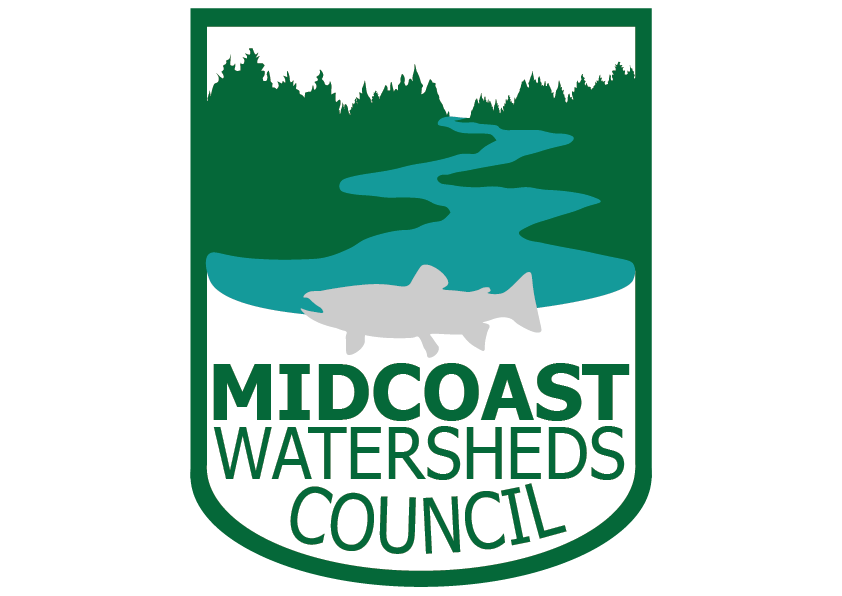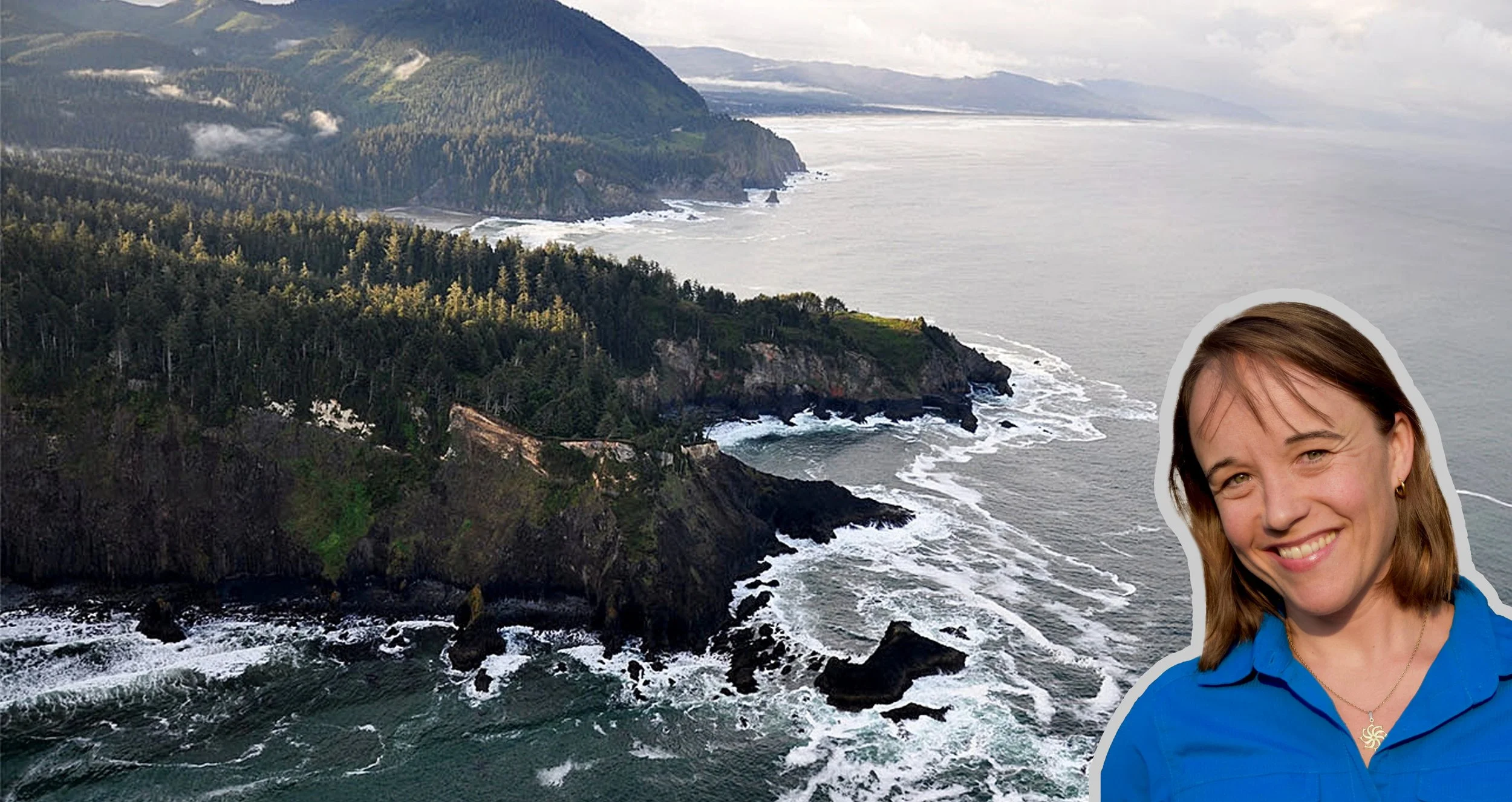Why did Oregonians set aside 3% of their nearshore habitat as no-take areas? What does this decision reveal about the values and priorities of the people in this state? And how can these marine reserves contribute to building more sustainable, vibrant, and equitable nearshore ecosystems? The answers to these questions vary depending on who you ask, but understanding those diverse perspectives is essential to shaping the future of Oregon’s coastline.
Join us for an insightful presentation by Dr. Sarah Klain, the Human Dimensions lead for Oregon’s Marine Reserve Program, as she delves into these questions and more. Dr. Klain’s work focuses on investigating how Oregon’s five marine reserves impact people—residents and visitors alike—and what these areas mean for the state’s future. Her research plays a critical role in shaping an upcoming adaptive management planning process that will guide the continued development of these protected areas.
During this talk, Dr. Klain will provide an overview of her program’s latest research and share opportunities for community members to engage in coastal stewardship. Whether you’re a passionate environmentalist, a coastal resident, or simply curious about the future of Oregon’s marine ecosystems, this discussion will offer valuable insights and ways to get involved.
Dr. Sarah Klain leads human dimensions research for the ODFW Marine Reserves Program. After majoring in biology with a minor in economics at Reed College, she worked at Ecotrust interviewing fishermen on the Oregon coast from 2003-2005 to help inform the process for creating the reserves. During her service as a Peace Corps Volunteer, she learned about Micronesian indigenous knowledge of marine ecosystems. She earned her graduate degrees from the Institute for Resources, Environment and Sustainability at the University of British Columbia. Her participatory GIS-based MSc research assessed social and cultural values to inform marine spatial planning. Her PhD research focused on risk and benefit perception of offshore wind as well as community engagement on island communities near proposed wind projects. She conducted riparian restoration research in collaboration with a Tribe and taught ecological economics as well as environmental policy at Utah State University before joining ODFW’s Marine Reserves team. Her favorite hobbies are trail running with her golden doodles, playing at the beach with her kids and attending her husband’s bluegrass gigs.

